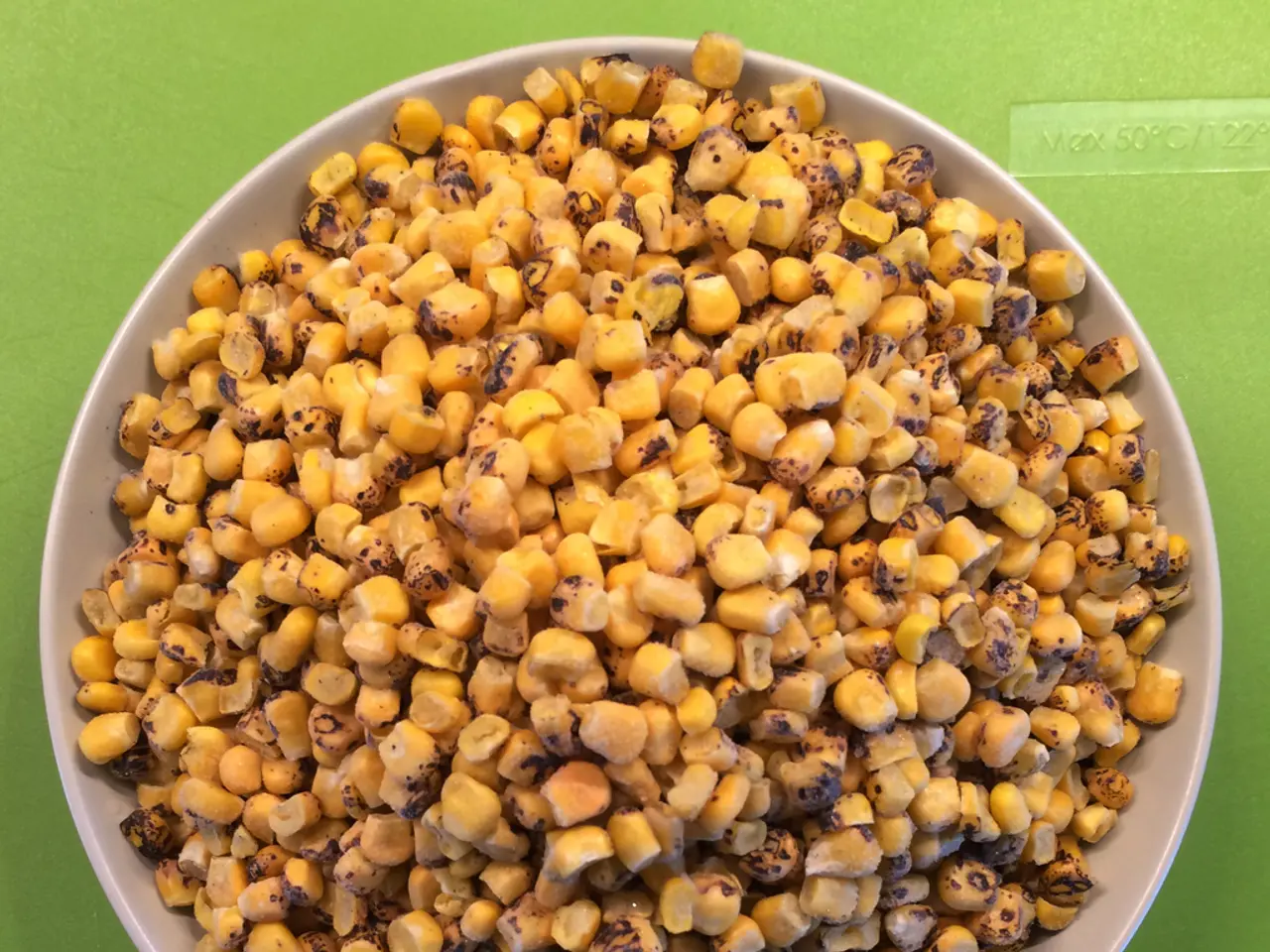Discussion with Esquisa Omaña on Topics of Seeds, Genetically Modified Organisms, and Sovereignty
Venezuela's Seed Law: Empowering Traditional Seed Systems and Resisting GMOs
In a bid to empower local communities, strengthen biodiversity, and resist the dominance of genetically modified organisms (GMOs) and multinational seed corporations, Venezuela has implemented the Seed Law. This law, approved in late 2015, is the result of a grassroots-driven process led by biologist and ecologist Esquisa Omaña and other movements.
The main objectives of the Seed Law focus on recognizing, protecting, and strengthening traditional, Indigenous, and Afro-descendant seed systems. These systems are fundamental for food sovereignty, biodiversity conservation, and cultural heritage. The plan aims to ensure the autonomy and rights of small-scale farmers, Indigenous peoples, and Afro-descendant communities over their seeds and agricultural practices.
Key goals include preserving the diversity of traditional seed varieties cultivated by these communities, guaranteeing farmers’ rights to save, exchange, and sell their own seeds, supporting participatory breeding and seed conservation initiatives, promoting food sovereignty, and integrating these traditional seed systems into the national agricultural policy.
The Seed Law acknowledges two main seed systems: certified seeds and local seeds, which are associated with formal and traditional knowledge systems respectively. It forbids the use, multiplication, and sowing of GMOs, a move that addresses concerns about potential contamination of GMO soy and wheat, significant staples in Venezuela.
The law establishes two paths for seeds: certified seeds and local seeds, and it promotes the improvement of local seeds and the generation of local varieties. However, it does not have an official GMO-detection laboratory. Two possible candidates for this role are the Advanced Studies Institute (IDEA) and the Eco-Socialism Ministry's detection laboratory.
Esquisa Omaña, a researcher at the Transdisciplinary Ecology for Human Wellbeing Laboratory at the Venezuelan Institute for Scientific Research (IVIC), and a doctoral candidate in Agrarian Social Studies at the University of Córdoba (Argentina), emphasizes the pedagogical component of the Seed Law. It aims to help people understand the differences between seed-improvement techniques, including transgenesis, introduced in the 1990s, which involves mixing genes from different species.
The Seed Law's focus on traditional seed systems contrasts with the use of hybrid seeds, a product of the Green Revolution, which are sterile and need to be purchased for every cycle. On the other hand, "variety" seeds, developed by campesino peoples, are seeds that adapt to local conditions, have wide genetic diversity, and are reproducible.
The Seed Law's anti-GMO character and strategy to empower local communities can be seen as part of Venezuela’s broader food sovereignty movement. It aims to resist the tactics used in countries like Brazil and Argentina, where a strategy has been employed to flood markets with GMOs, making regulation necessary.
In conclusion, the Seed Law is a significant step towards ensuring food sovereignty, biodiversity conservation, and cultural heritage in Venezuela. It empowers local communities, promotes agroecological practices, and resists the dominance of GMOs and multinational seed corporations.
The Seed Law encourages a shift from modern farming practices, moving away from the use of hybrid seeds and embracing the cultivation of variety seeds, which are intrinsic to local conditions and promote biodiversity. Furthermore, the law advocates for the integration of health-and-wellness principles into agricultural practices, with a focus on nutrition and fitness-and-exercise, as these elements are integral to the overall wellbeing of the community.




